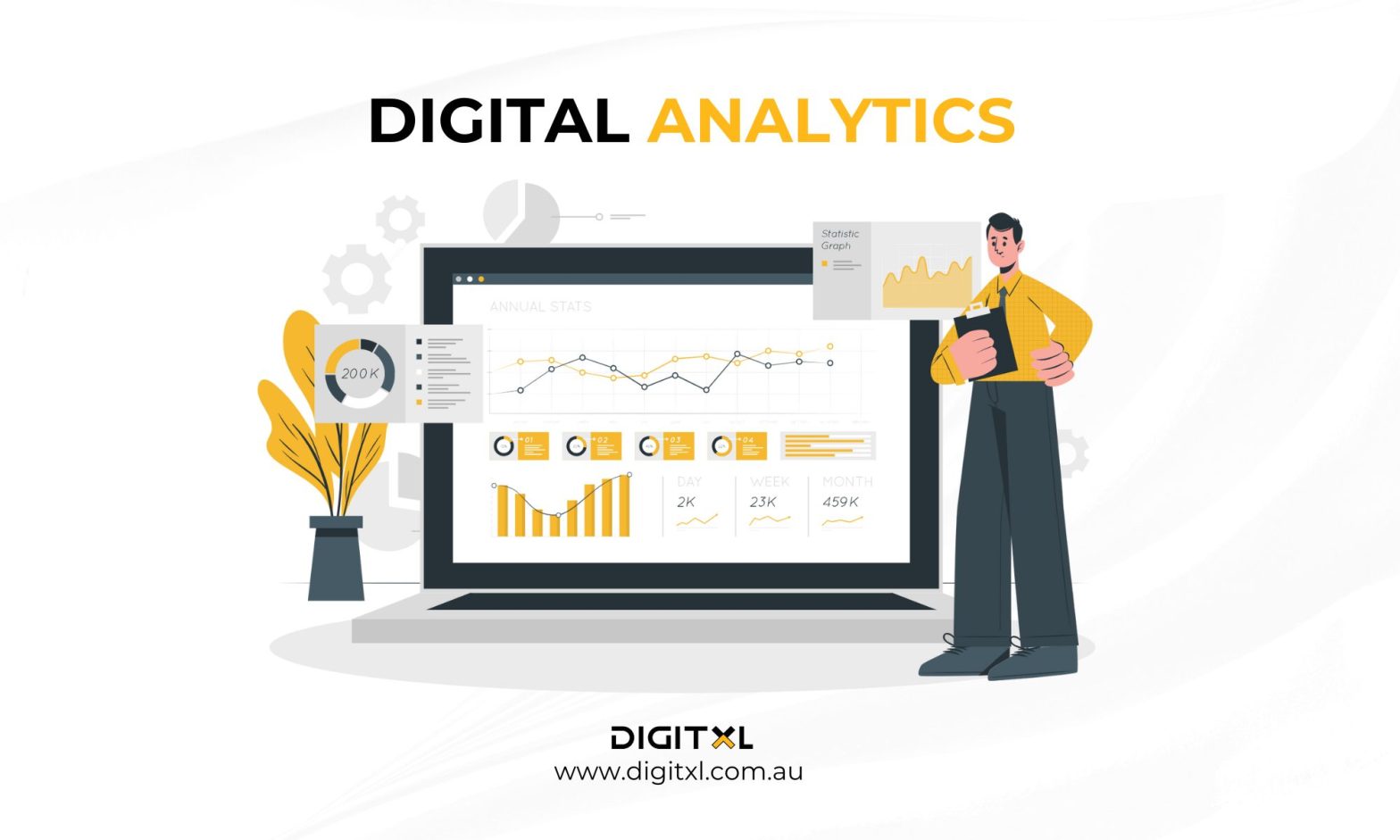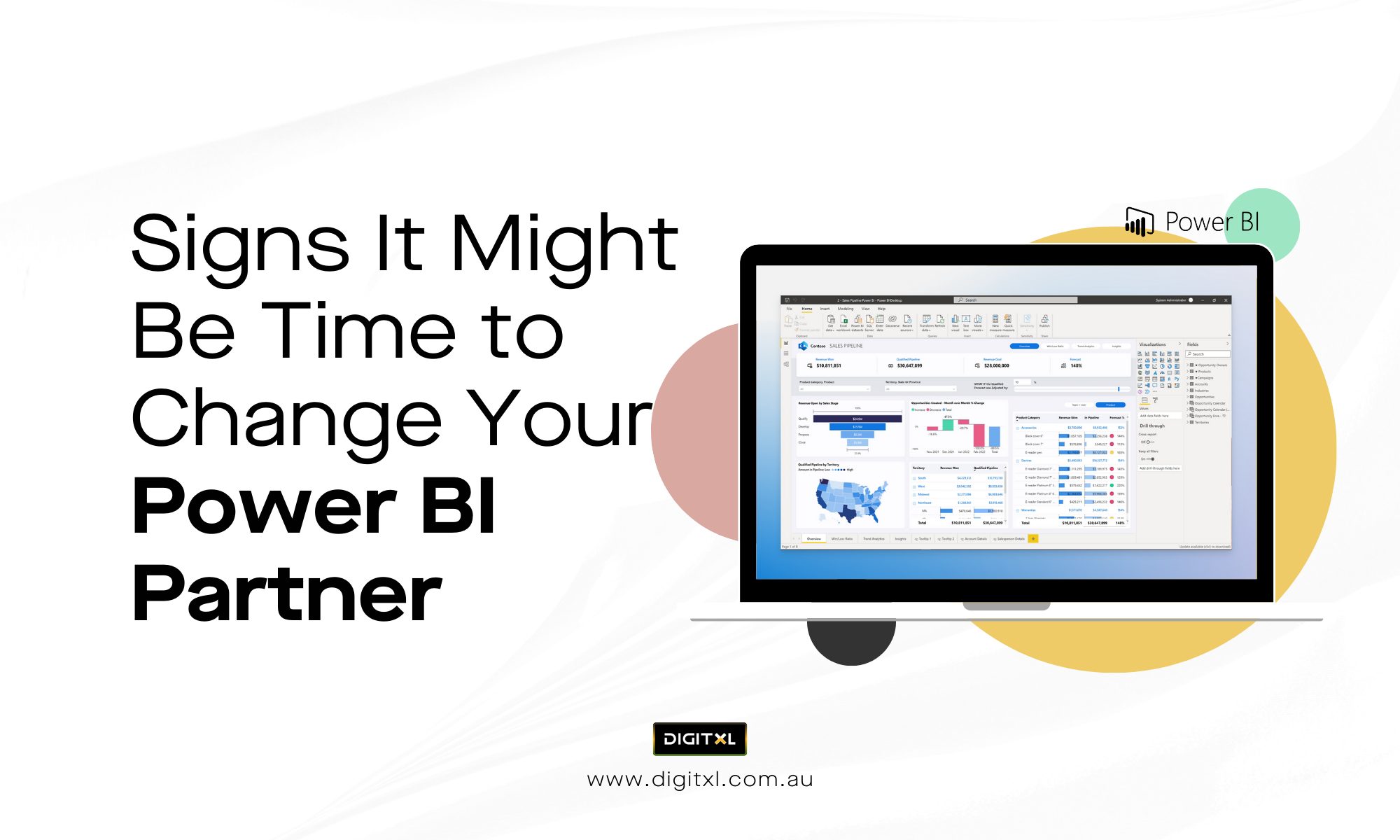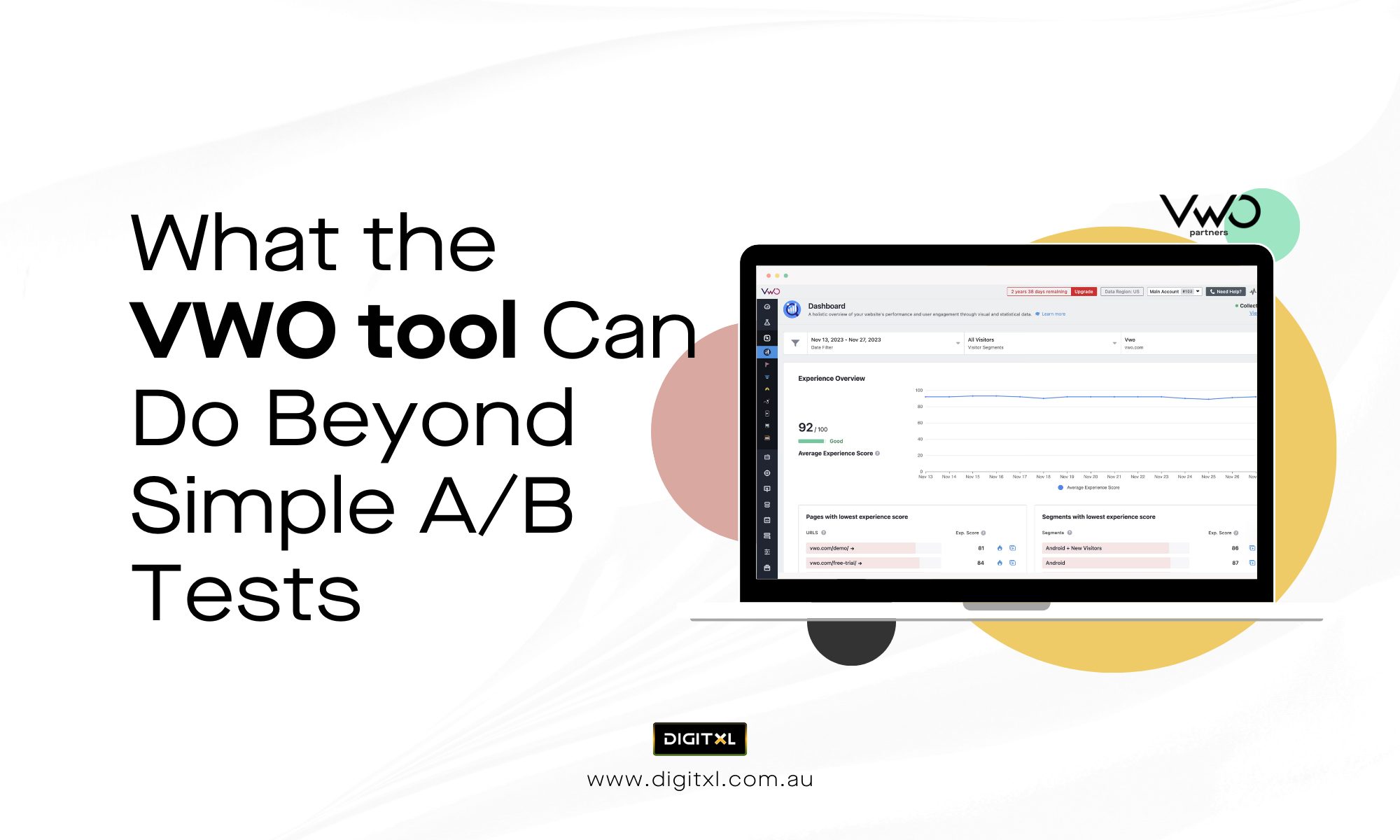- Google Analytics
Digital Analytics – An Overlooked Gem That Can Drive Real Business Value
16 Apr 2023
Digital Analytics is no doubt one of the most critical aspects of a successful digital strategy, which is often overlooked by many organisations. Marketers, agencies, and organisations spend a lot of money to design creative websites/applications and then drive traffic from paid channels like Google Ads and Social media campaigns. The focus for most of the businesses has often been on the acquisition channels.
1. Introduction
Digital Analytics is undeniably one of the most essential aspects of a successful digital strategy, yet it is often overlooked by many organisations. Marketers, agencies, and businesses spend a significant amount of money designing creative websites or applications, and then driving traffic from paid channels like Google Ads and social media campaigns. The focus is often on acquisition channels—continuously investing in traffic without addressing an important question: “How can digital analytics help businesses increase conversions and maximize the return on every dollar spent on ads?”
That’s where digital analytics plays a pivotal role.
Let us first understand what exactly digital analytics is:
“Digital analytics is the analysis of qualitative data and quantitative data across your digital ecosystem. This includes the digital data collected from your user activity on websites, apps, surveys, emails as well as marketing channels. ” In simple words, digital analytics helps you to understand some very important questions:
| Question | Look for: |
| What are the main KPIs (business objectives) or goals for the business? |
Events, Goal Completions etc |
| I have spent top dollar building my website, how is it performing? |
Speed, Errors, digital adoption. |
| How is my marketing performance? Which marketing channels are driving the most value? |
The value is not defined by increased traffic, but the number of goal completions and customer satisfaction on your digital assets. |
| How can we get the best buck from acquisition campaigns and improve conversions? |
Cost of acquisition, Funnel conversion rates |
| At what point are the customers losing interest in my website? | User behavior, Bounce rates, dropouts, etc. |
| How can I personalise the customer online experience on my website? | Customer segments, Audiences, user behavior |
| What else is the analytics data telling me? What are the proactive projects/campaigns we can look at in order to excel in our digital goals? | Landing page optimisation, customer retargeting |
Over the years, I have noticed that many people confuse digital analytics with the following practices:
3. Web Analytics (Google Analytics Or Adobe Analytics):
Many businesses associate digital analytics with web analytics tools like Google Analytics or Adobe Analytics. While web analytics helps collect quantitative data on user behaviour on your website, the role of digital analytics in businesses is much broader. It provides insights across the entire digital ecosystem, encompassing websites, apps, marketing channels, live chat, and customer interactions.
4. Marketing analytics:
Marketing analytics focuses on analysing performance metrics from marketing campaigns. However, why is digital analytics important for businesses? Because if a customer doesn’t convert from a marketing campaign, digital analytics helps uncover opportunities to convert them through other digital channels using non-marketing strategies. This provides a 360-degree view, making it more effective than marketing analytics alone.
5. Mobile App Analytics:
Similar to web analytics, Mobile App Analytics deals with analysis using data collected within the Mobile applications. It still won’t capture the holistic 360-degree view on what the customer has been doing on your websites or across your marketing channels. For
example, if we want to know if a marketing campaign is shown in an App, and then the customer converts on our website, only a complete view from digital analytics can help you
6. So what value can digital analytics drive to your business?
So, how can digital analytics help businesses? In one word—substantially. As the world rapidly shifts toward digitalisation, data becomes the driving force behind business decisions. Digital Analytics allows companies to leverage their digital data (from websites, apps, marketing channels, surveys, emails, chats, and more) to fuel growth and enhance customer experiences.
So how can you build an excellent digital analytics ecosystem? Building an efficient digital analytics ecosystem` is a journey. It cannot be done by simply deploying Google Analytics or Adobe analytics on your websites or apps. Below are the key steps that can be used by businesses to get started with their digital analytics journey:
Remember Digital Analytics is not about implementing web analytics tools like Google Analytics and calling it a day. It is about collecting the right digital data and using it to grow your channels.
Assess:
Assess your current digital ecosystem (websites, apps, digital marketing, customer engagement emails, etc). Understand how customers are interacting with your business. Draft your initial goals as a business lead on what success looks like to you from a digital perspective.
Strategise:
Strategise the resources required to execute the digital plan and how it fits in overarching Analytics strategy. Invest in a digital analyst or consultants, who can use digital data to achieve your desired outcomes. Invest in the right tools like Google Analytics, Adobe Analytics, Optimizely, heatmap tools, etc.
Implement:
Define and collect high-quality data on your websites, apps, and marketing platforms. Work with your consultant to create and execute a roadmap for the digital success you desire to achieve.
Report & Analyse:
Develop a data-driven culture within your team. Analyse the digital customer journeys and look for optimisation opportunities. Look at the marketing campaigns to analyse your performance and target the right customers.
Excel & Grow:
Create an optimisation strategy to grow your digital ecosystem from the insights derived from your data. Personalise your customer experience by knowing your audience, segmenting and creating a single view of the customer across your platforms.
I hope you find value in this post. If you have any questions, please don’t hesitate to reach out to me. Subscribe to our future blog posts to keep learning about the digital strategy, trends, and tactics you can deploy for your business.

7. FAQ
Q1. What is digital analytics and how is it different from web analytics?
A. Digital analytics goes beyond tracking website visits. It combines data from websites, apps, marketing channels, surveys, emails, and customer interactions to provide a 360-degree view of user behaviour. Web analytics, like Google Analytics, is just one part of this bigger picture.
Q2. Why is digital analytics important for businesses?
A. It helps businesses understand customer journeys, identify points of friction, optimise marketing spend, and personalise online experiences. Ultimately, it enables organisations to make smarter, data-driven decisions that increase conversions and revenue.
Q3. How does digital analytics differ from marketing analytics?
A. Marketing analytics focuses mainly on campaign performance. Digital analytics, however, also considers non-marketing factors like website performance, user engagement, and customer support interactions to uncover opportunities for conversion beyond marketing campaigns.
Q4. What are the key steps to building a strong digital analytics ecosystem?
A. The process includes:
- Assessing your current digital ecosystem and defining success metrics.
- Strategising resources, tools, and expertise needed.
- Implementing high-quality data collection across platforms.
- Reporting & analysing customer journeys and campaign effectiveness.
- Excelling & growing by using insights for personalisation and continuous optimisation.
Q5. What value can digital analytics drive to my organisation?
A. Digital analytics improves decision-making, reduces wasted ad spend, increases customer engagement, and creates personalised experiences. By leveraging insights across all digital touchpoints, businesses can achieve sustainable growth and maximise ROI from their digital investments.
Q6. How can an analytic agency help optimise my digital strategy?
A. An analytic agency brings expertise in data analysis, helping businesses extract actionable insights from their digital data. They provide advanced tools, technologies, and methodologies to track user behaviour, optimise marketing campaigns, and improve conversion rates. By working with an analytic agency, businesses can refine their digital strategies based on data-driven decisions, enabling them to achieve better outcomes across all online platforms.





